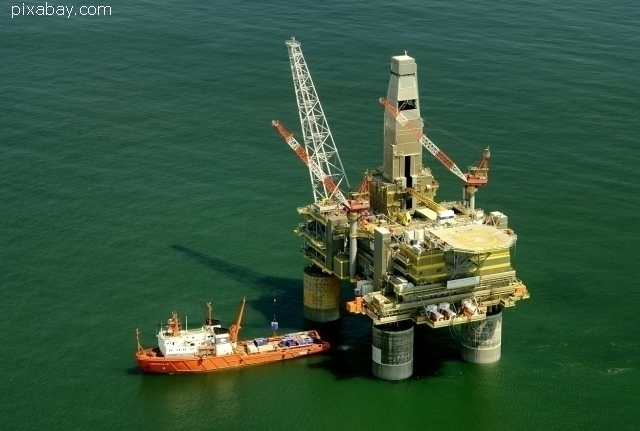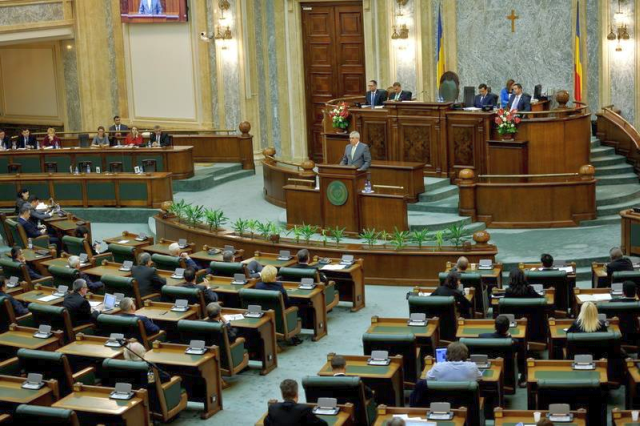Romania can start exploiting gas from the Black Sea after the offshore law, which regulates such operations, has been promulgated by the president Iohannis. Under the law, Romania will have priority in extracting the gas deposit, and the profit will be divided between the Romanian state, which will receive 60% and the investors that will get 40%. The first gas is to be extracted in June, under the project carried out in Midia by the company Black Sea Oil & Gas. Estimates show that one billion cubic meters will be delivered annually through this exploitation, thus covering 10% of Romanias needs. Since its adoption in the Chamber of Deputies, the Liberal energy minister Virgil Popescu said that the new regulation ensured stability, predictability and a friendly fiscal environment for investors, as well as a lower gas price for household consumers.
The law provides for a set of measures on the stability of the tax and oil royalties regime, as well as for the elimination of additional taxation of incomes for sale prices at which investors do not make excess profits. Throughout the duration of the oil agreements regarding the deep offshore and onshore oil perimeters, the holders of the agreements shall have the right to freely market the hydrocarbons produced from the respective oil perimeters, at the prices and quantities established by them, under the national and European legislation in force.
By way of exception, the Government, upon the proposal of the Energy Ministry, can introduce temporary price and sale restrictions for the amounts necessary for household consumption and for the producers of thermal energy destined for the population. One of the managers of Romgaz, a company with majority state-owned capital, told Bloomberg that Romania could accelerate its first deep-sea drilling project in the Black Sea, in the context of the natural gas crisis in Europe. Romgaz is a partner involved in the Neptun Deep project. The company, which has recently taken over from ExxonMobil its 50% stake in the Neptun Deep project, claims that it is possible that the project operator, the oil group OMV Petrom, may reassess the development of the project, with the increase in energy prices and construction costs.
Even if Petrom has the last word, as an operator for the Neptun Deep project, the partners are considering the possibility of relying more on the existing infrastructure in the Black Sea and of dividing the project into two and even three phases, in order to bring the gas to the market earlier, said the Romgaz manager. “Production as part of the Neptun Deep project should not start later than 2026. That is the initial estimate in Exxons plans, but maybe we find a way to speed things up because we are aware of the need for European gas, he added. After the adoption of the Offshore Law, Romgaz and Petrom are to make a final investment decision regarding the Neptun Deep project by the end of 2022. (LS)

